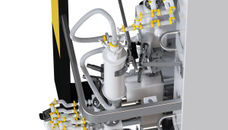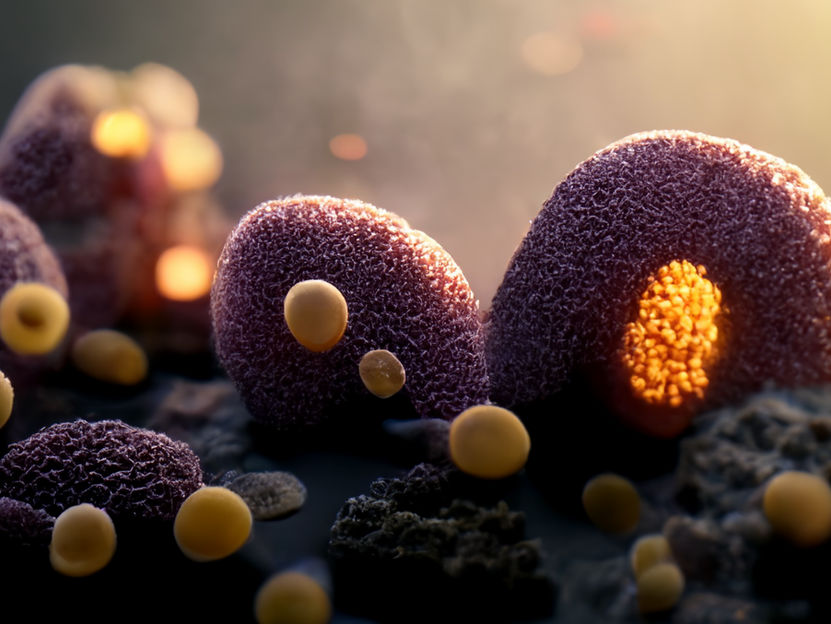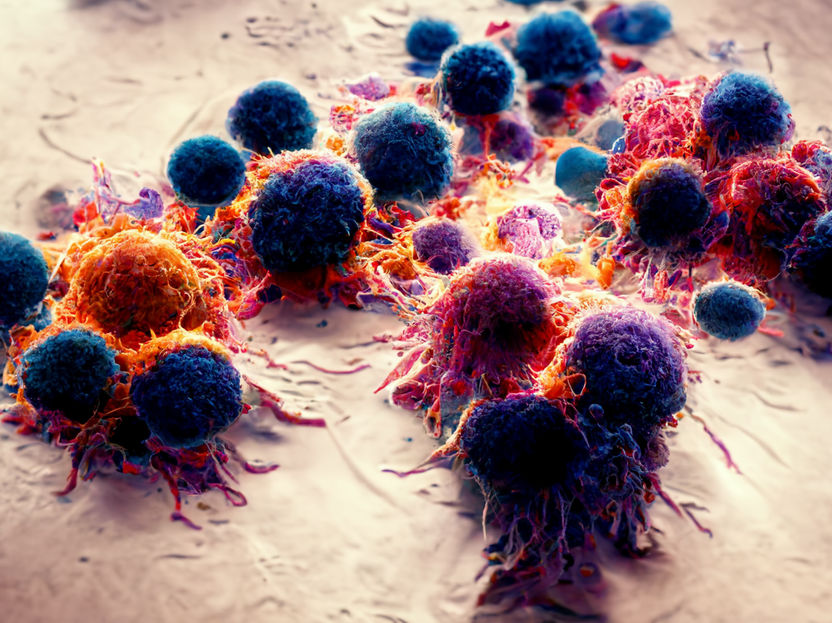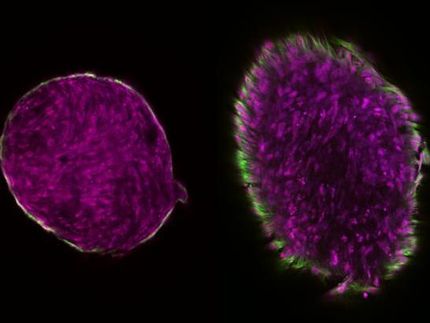Superglue for cells
Scientists in Canada have developed a super-strong membrane adhesive that can stick red blood cells together. The polymer, which is based on the phospholipid head group phosphatidyl choline, could be used to secure cells in particular positions for tissue engineering and wound closure.
Research describes how the scientists inverted phosphatidyl choline to choline phosphate (CP) and incorporated this into a water-soluble polymer to produce a positively-charged material containing a controlled number of CP groups that was shown to bind to a variety of cell membranes through electrostatic interactions. The team tested the adhesive capabilities of the new polymer on red blood cells and found that although the cells aggregated together very strongly, there was no damage to the cell membranes, suggesting that the polymer could be used as a tissue sealant.
Most read news
Other news from the department science
These products might interest you

Hydrosart® Ultrafilter by Sartorius
Efficient ultrafiltration for biotech and pharma
Maximum flow rates and minimum protein loss with Hydrosart® membranes

Hydrosart® Microfilter by Sartorius
Hydrophilic microfilters for bioprocesses
Minimal protein adsorption and high flow rates

Sartopore® Platinum by Sartorius
Efficient filtration with minimal protein adsorption
Reduces rinsing volume by 95 % and offers 1 m² filtration area per 10"

Polyethersulfone Ultrafilter by Sartorius
Reliable filtration with PESU membranes
Perfect for biotechnology and pharmaceuticals, withstands sterilisation and high temperatures

Polyethersulfone Microfilter by Sartorius
Biotechnological filtration made easy
Highly stable 0.1 µm PESU membranes for maximum efficiency

Sartobind® Rapid A by Sartorius
Efficient chromatography with disposable membranes
Increase productivity and reduce costs with fast cycle times

Get the life science industry in your inbox
By submitting this form you agree that LUMITOS AG will send you the newsletter(s) selected above by email. Your data will not be passed on to third parties. Your data will be stored and processed in accordance with our data protection regulations. LUMITOS may contact you by email for the purpose of advertising or market and opinion surveys. You can revoke your consent at any time without giving reasons to LUMITOS AG, Ernst-Augustin-Str. 2, 12489 Berlin, Germany or by e-mail at revoke@lumitos.com with effect for the future. In addition, each email contains a link to unsubscribe from the corresponding newsletter.
More news from our other portals
Last viewed contents

Improved adaptation: bacteria can profit from the genetic material of other bacteria - Exchanging genetic information improves the adaptability of bacteria to changing environmental conditions
Category:Dutch_pharmacologists























































